15 June 2022
Next generation of research leaders receive UKRI fellowships
Six world-class researchers from King’s have been awarded Future Leaders Fellowships by UK Research and Innovation (UKRI).
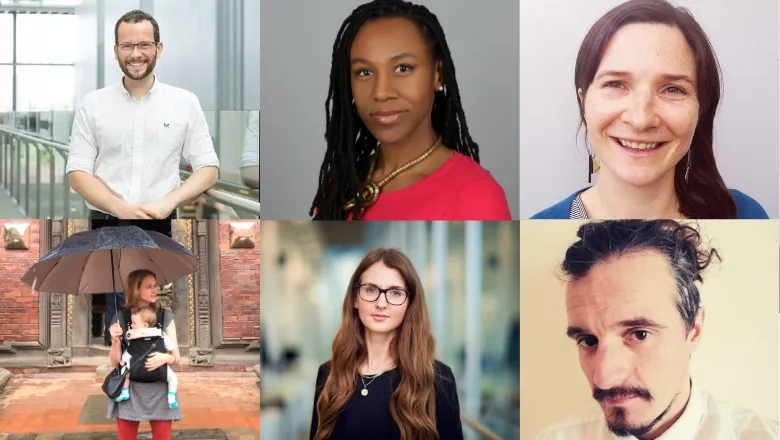
In an announcement made today, King’s Dr Aisha Phoenix, Dr Kelly Rose-Clarke, Dr Susannah Fisher, Dr Norah Fogarty, Dr Steve Sharman, and Dr Charlie McTernan are among 84 of the “most promising science and research leaders” to be named UKRI Future Leader Fellows this year.
Hailing from the Faculty of Social Science & Public Policy (SSPP), Faculty of Life Sciences & Medicine (FoLSM), Institute of Psychiatry, Psychology & Neuroscience (IoPPN), and Faculty of Natural, Mathematic & Engineering Sciences (NMES), the six newly appointed fellows will each benefit from UKRI funding to tackle major global issues and develop their innovations.
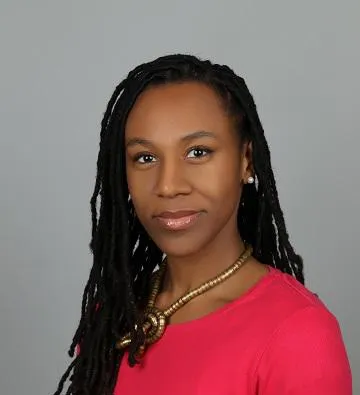
Dr Aisha Phoenix, lecturer in Social Justice (SSPP), hopes to develop an understanding of colourism among young people in the UK, looking at skin shade prejudice in which people of colour with light skin are privileged over those with darker shade skin.
“Being awarded a prestigious UKRI Future Leaders Fellowship will enable me to conduct a large-scale study of young people’s understandings and experiences of colourism in the UK, a subject that has been largely overlooked.
"It will also allow me to help shape debates on colourism with a view to influencing the Personal, Social, Health and Economic education curriculum.”

Dr Kelly Rose-Clarke, lecturer in Global Mental Health, SSPP, will explore how proven talking therapies in low-resource settings, particularly in Nepal, could be used to support adolescents with mental health conditions.
"Nepal is pioneering community approaches to mental health care. I will use my fellowship to learn from Nepali experts about how these approaches can be optimised for adolescents, and to build an international research team working on ways to improve and scale mental health care in other community settings.”
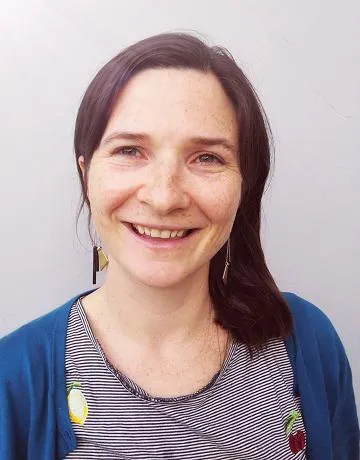
Dr Susannah Fisher, senior research fellow in the Department of Geography (SSPP), will lead a research programme and international consortium exploring how countries are adapting to the impacts of climate change. The research will improve understanding of how progress on adaptation is monitored and evaluated and how measurement shapes the way national adaptation plans and programmes are implemented.
The programme will provide evidence for the UN negotiations on climate adaptation and the use of adaptation metrics in international climate finance and national strategies. It will generate and pilot new ways of measuring adaptation that respond to the urgency of the issue and the need for inclusion at different levels.
“I am really delighted to have the opportunity to develop this research programme and join King’s College London. This fellowship will allow me to build on my practical experience of working on climate adaptation to undertake in-depth research which could have a significant impact on this important global issue.”
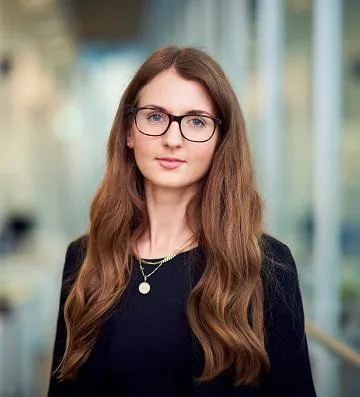
Dr Norah Fogarty, group leader in the Centre for Gene Therapy and Regenerative Medicine, (FoLSM), will study the molecular processes that underlie early placenta development, building on knowledge that could inform the understanding and treatment of infertility and placenta diseases such as preeclampsia, miscarriage, and stillbirth.
"The correct functioning of the placenta at all stages of pregnancy is critical for a healthy outcome and has an important influence on lifelong health. Preeclampsia and fetal growth restriction have their origins in the earliest stages of placenta development, but there is an unmet clinical need to understand the primary defect in these diseases. This fellowship will establish my platform for research into biomarkers, interventions and treatments that will have significant impact on the health of women and children.”
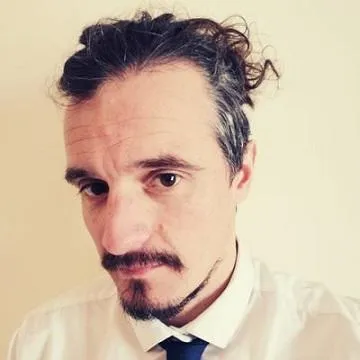
Dr Steve Sharman, a research fellow within the National Addiction Centre, IoPPN, will explore the cause and treatment of disordered gambling, focusing on the interaction of products, environment, and individual susceptibility.
“It is so important for research into gambling to be recognised by major research councils, and for independent funding to underpin advances in our understanding. Whilst the use of virtual reality in my work to understand the relationship between products, environment and individual susceptibility will be both innovative and impactful, the fellowship will also allow me to grow as a field leader and develop a behavioural addictions research team within the National Addiction Centre."
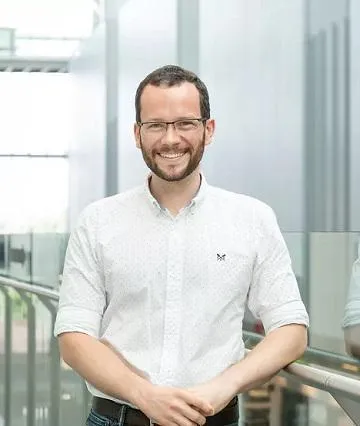
Dr Charlie McTernan, lecturer in Chemistry and group leader at the Francis Crick Institute, NMES, will research how artificial molecular machines and metal-organic capsules can be applied in biomedical science. His research group works with rotaxanes, catenanes and capsules to synthesise functional architectures, creating de novo catalytic enzyme analogues, artificial cellular receptors, and generating targeted drug delivery vehicles.
"The award of a Future Leader Fellowship is a transformative vote of confidence in our research agenda, and will provide the long-term support and resource to enable us to pursue high-risk, high-reward research, and explore novel applications of molecular machines and capsules in biological settings."
Future Leaders Fellowships support talented people in universities, businesses, and other research and innovation environments.
UKRI Chief Executive, Professor Dame Ottoline Leyser, said: “The Future Leaders Fellowships provide researchers and innovators with the freedom and generous long-term support to progress adventurous new ideas, and to move across disciplinary boundaries and between academia and industry.
“The fellows announced today provide shining examples of the talented researchers and innovators across every discipline attracted to pursue their ideas in universities and businesses throughout the UK, with the potential to deliver transformative research that can be felt across society and the economy.”
Related departments
- Faculty of Social Science & Public Policy
- Faculty of Life Sciences & Medicine
- Faculty of Natural, Mathematical & Engineering Sciences
- Institute of Psychiatry, Psychology & Neuroscience
- School of Education, Communication & Society
- Centre for Public Policy Research
- Centre for Gene Therapy & Regenerative Medicine
- The Francis Crick Institute
- School of Global Affairs
